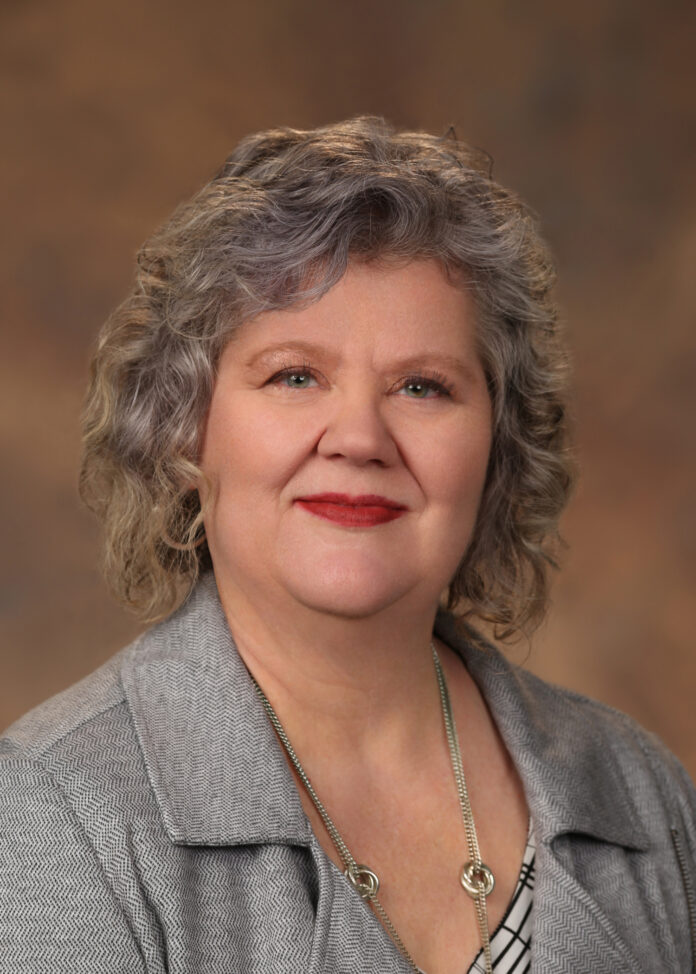
By Carol A. Cates, MSN, MBA, RN
Chief Nursing Officer
Odessa Regional Medical Center
So many of my friends and I are at that time of our lives where we are in the “sandwich generation.” That time in life when you are finishing raising your kids and starting to raise your parents.
This has really come home to me lately because of my dad. He is in his early 80’s, and thank goodness, he is still in really good health, but in the last two years he has lost his wife, my step-mom, 4 siblings and another 4 siblings-in-law. Most of those people spent at least some time in long-term care, assisted living, or a nursing home during their last few weeks to years.
For my family, the choice of long-term care has been pretty simple, the church my dad was raised in and that most of my family still attend in Churchill, Montana has run a retirement village and nursing home since the 1950’s. That retirement village has cared for generations of my family and given excellent care for years and years. But, if my dad ever needs that kind of care, Churchill is a long, long way from me or any of my siblings since we all live in Texas. Because of that, I have started thinking quite a bit about what I am going to do if my dad does need assistance at some point and started doing some research on how to go about this process.
Experts in the field of care for the elderly make several recommendations as you are considering long term or nursing home care for a loved one.
First, make sure the location is convenient for their primary decision-maker and if possible other loved ones to visit regularly. One of the things I know from seeing patients in the hospital setting and from my own family and friends is that when people in long-term care are regularly visited and their primary decision maker can monitor their care, the quality of care the person in long term care or nursing home care receives tends to be better. I honestly don’t think its purposeful, I just think a family member who has known someone for years notices changes quicker than someone who may have only known that person for a few days or even a few weeks, and because of that, intervention is started sooner.
Second, do your research. There is a huge amount of information out there about health care facilities of all types these days, which is great, but not all of it is accurate. Make sure you are looking at reliable sources for your information. There are businesses out there that will steer you towards nursing homes that they have marketing and financial arrangements with, so they are not unbiased. Unfortunately, there is a huge amount of fraud directed at the elderly as well, so you need to keep that in mind as you are doing your research.
One of best places I know of for researching any healthcare facility is medicare.gov and their find and compare tool. You plug in your zip code, the provider type you are looking for, in this case nursing home, and it will give you all the facilities of that type with in a 25-mile radius. You can change that radius if you want. For every facility it gives a 1 to 5 star rating (1 worst, 5 best). Medicare star ratings are based on several metrics from how they perform on health inspections, to their resident to staff ratios, and their overall quality of care based on prevention of events like falls, bedsores, and infection outbreaks, you can look at an overall score, or the breakdown on each metric they use.
You can also go to the Nursing Facility Quality Review page on the Texas Health and Human Services website at tinyurl.com/2s4jwvyv and find the actual report from the facility’s last health and safety survey by the state.
Finally, take a tour of the facility you are considering and ask questions. Nursing leadership and administration should be able to tell you things like how they are protecting residents from infectious outbreaks like COVID 19, what they do to prevent falls or other injuries, if they have visitor policies or restrictions, what the staffing ratios are like (the more staff, especially licensed nurses per patient the better) and what their staffing turnover is like (remember the longer someone knows your loved one the more likely they are to pick up on problems early, so lower turnover is better). Ask how they prepare for disasters like fires and tornadoes.
Ask how they make sure people are getting adequate fluid and nutrition and how they accommodate special diets, ask if residents are restricted to dining hours or if they can eat when they want. Talk to current residents if you can and ask if they are happy with the care they receive and with living there. Ask them if the caregivers are kind, and if they have freedom of choice. If they do not allow you to speak to current residents, ask why.
If you get answers you are concerned about, ask for more details until you get answers you like, or consider looking at another facility. No place is perfect unfortunately, but there is a wide variety of options. The most important thing is to find a place that best fits your loved one’s needs and your needs and will give your loved one the best possible care.


